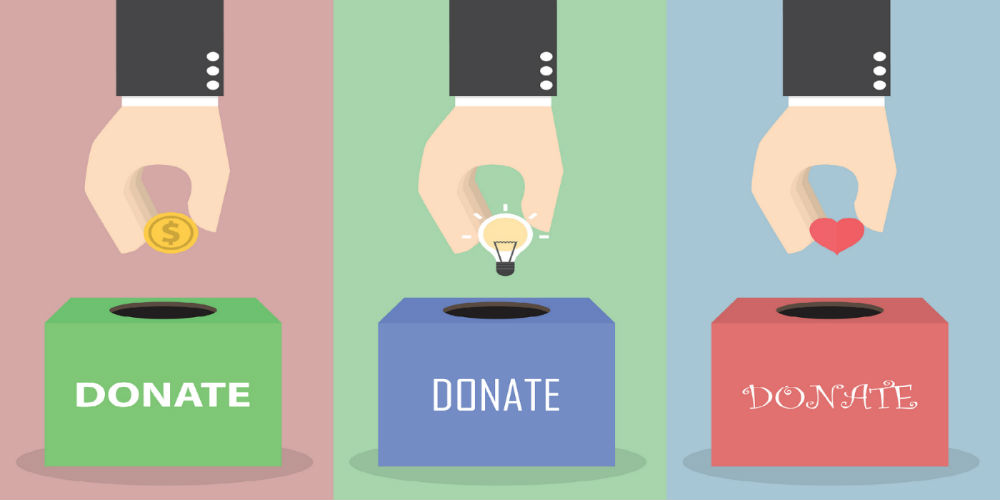The holidays are upon us and you know what that means – charitable organizations will start asking you and your credit union for money. It’s no coincidence. According to a 2012 GuideStar Survey,over 50% of the organizations surveyed said they received the majority of their contributions betweenOctober andDecember.
Credit unions give millions to charitable organizations throughout the year and even more during the holidays. It’s part of their DNA to help their member’s financial lives and the communities they serve. But give smarter. You’ll make a bigger impact with your member’s money and their lives.
First, take a look at your credit union’s donation policy. Does it reflect the mission of your credit union? For a more in-depth look on how to update that, click here. In short, choose a few key areas to make a difference that align with your mission and let that be your guide. For some good examples, check out UW CU, Vancity, 1st Financial FCU and even REI.
Second, whether making a donation personally or on behalf of your credit union; do your homework first. Organizations like Guidestar and the BBB Wise Giving Alliance culls information on most nonprofits so donors can make more informed charitable choices. In fact, the BBB Wise Giving Alliance even bestows a “seal of approval” to an accredited charity for meeting all 20 of the BBB Wise Giving Alliance Standards (yes, the National Credit Union Foundation is proud to display our seal from the BBB).
One of the key indicators of effectiveness that the BBB looks at and most donors investigate is how charities use their funds. There are good benchmarks in place to review. For example, to earn the BBB seal, a charity must spend at least 65% of its total expenses on program activities and also spend no more than 35% of related contributions on fund raising. Most reputable charities display this information openly on their website or annual reports and it’s definitely something to look for there and/or on sites mentioned above. You want most of your contributions used on programs right?
Unfortunately, there are a lot of mismanaged charities out there, in terms of how they allocate their funds. For a quick look, click here. While their names might look noble or similar to reputable charities, these are organizations that spend most of their money on solicitors (ie: telemarketers, etc) and sometimes less than 1% on direct cash aid to programs!
Next, this is easy. Make your donation! Get a receipt as most donations are tax-deductible.
Don’t let that be the end of the story though. Keep talking to organizations you support. Maybe there are opportunities to strengthen the relationship. Subscribe to their updates. Tracking your donations is a great way to show impact to members, press and lawmakers. It’s also a good practice to continually review your donation policy and donations annually to ensure they are a good fit and making the difference you are looking for.
Finally, look at other ways to give. Volunteer your time. Set up a group outing with coworkers, department, local young professionals or credit union people in your area, a chapter project, or friends and family. Hold a food or clothing drive. And so on.
Philanthropy – whether it’s volunteering or donating money - is a great opportunity to act on your values. And for credit unions, we have what I think are ideals of the highest order threaded through all we do. Simply put, “people helping people.”








